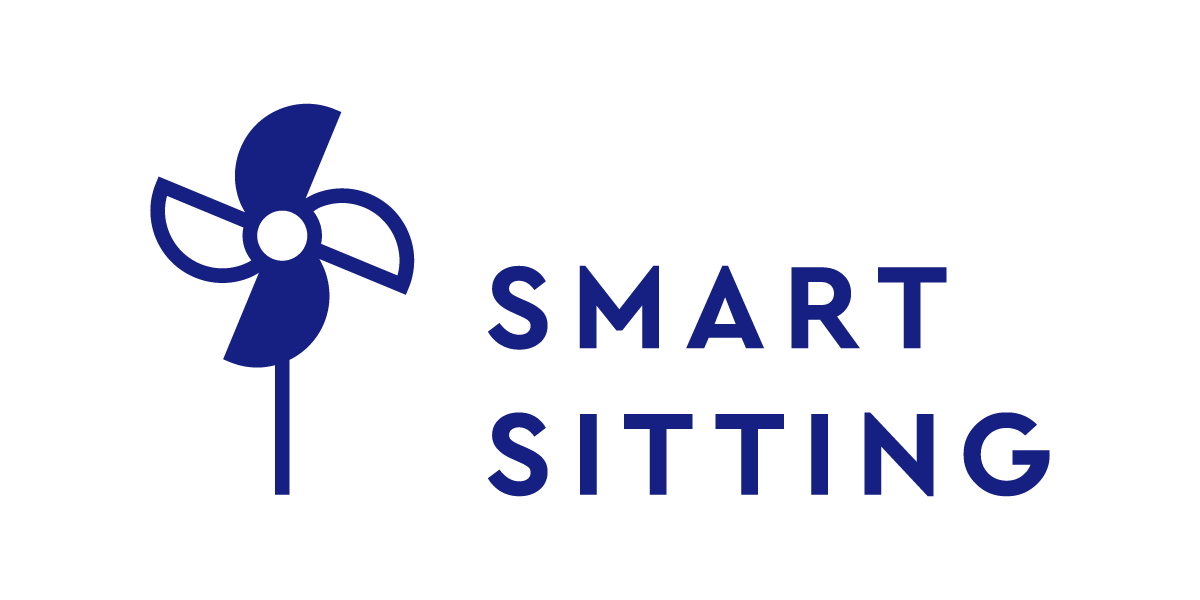Unemployment FAQ for Nannies & Babysitters
COVID-19 has resulted in millions of Americans losing their jobs, many of whom are babysitters and nannies just like you. In response, the federal government passed the CARES Act, which includes stimulus checks as well as supplemental financial assistance. Unlike the stimulus checks, which the federal government is sending automatically, you can only access the supplemental unemployment insurance benefits if you apply and qualify for benefits through your state.
Question: Do I qualify for unemployment insurance benefits?
Answer: Generally, you may qualify for unemployment insurance benefits if you were paid on-the-books as an employee and your employer had to let you go or reduce your hours. Pandemic Unemployment Assistance temporarily extends unemployment benefits to the self-employed, gig workers who are “forced to suspend operations.”
Question: Can I work a temporary or part-time job without losing the $600 Supplemental Federal Pandemic Unemployment Compensation (FPUC)?
Answer: Yes. Until it expires on July 25, Pandemic Additional Compensation adds a full $600 (not prorated) to your weekly benefit amount for any week when you qualify for at least $1 in state unemployment insurance benefits.
Question: How much can I expect to receive in benefits?
Answer: Since the unemployment program is managed on the state level, your benefit amount will depend on the rules in your state. Generally, benefits payments are based on the amount you made before you lost your job. In most states, you will receive around 50% of your average earnings during the previous year. The CARES Act provides $600 in Supplemental Federal Pandemic Unemployment Compensation (FPUC) for each week that you qualify for unemployment benefits in April, May, June, and July 2020. You are only eligible for FPUC if you have been approved to receive full or partial state unemployment benefits. For any week that you are not entitled to receive any state unemployment benefits, you will also not be eligible for FPUC benefits. .
Question: How long can I expect to receive in benefits?
Answer: Although your claim lasts one year (your benefit year), there is a cap on the amount of benefits you can receive – typically 26 times your weekly benefit rate. The same amount of money applies for weeks of partial unemployment, so you can maximize your earnings by staying partially employed.
The CARES Act provides Pandemic Emergency Unemployment Compensation (PEUC), which extends benefits for an additional 13 weeks (beyond the standard 26 weeks) for those who qualify.
Question: I got $600 deposited to my bank account, but I didn’t get any communication about it. Is it my unemployment money?
Answer: It is most likely Supplemental Federal Pandemic Unemployment Compensation (FPUC). Since the program is new, there have been delays and the states are processing retroactive payments to get caught up on issuing the supplemental benefit checks owed to those who qualified.
Question: Do I have to pay taxes on my unemployment income?
Answer: Yes, you will have to list it on your income taxes if you are not having taxes withheld.
Question: Can I collect unemployment insurance while having a job?
Answer: Yes, you may be eligible for partial unemployment insurance if your hours were reduced, but generally having employment opportunities would make you ineligible to collect unemployment insurance benefits.
Question: Can I turn down a job because I’d rather take the unemployment benefits?
Answer: In most cases, weekly certification is required to show that you are looking for work and can’t find work. During the COVID-19 crisis, you may qualify for an exemption from the work search requirements if:
you were laid off because your employer closed or reduced operations due to COVID-19, and
your employer told you that you will be called back to work when the business reopens.
You are required to certify that your responses to that form are truthful. You can turn down a job if it is not suitable for you. The definition of suitable can vary.
Question: What happens if I take unemployment payments now even though I could be working?
Answer: You may deplete your available funds. Unemployment insurance has a limit which is determined by past wages reported to your state by your former employer(s).
Note: Some states will require employers to submit recalled employees to the state to ensure people are taking work opportunities that are being provided, if they are suitable for them.
Question: How do I apply for benefits?
Answer: To receive unemployment insurance benefits, you need to file a claim through your state's unemployment insurance program. When you file a claim, you will be asked for certain information, such as addresses and dates of your former employment. To make sure your claim is not delayed, be sure to give complete and correct information.
For more details about unemployment insurance, click here.
We know that these are challenging times for everyone, and we want to do our part to support our sitters and nannies. If you have any questions, please don’t hesitate to reach out to our team. We’ll get through this together!
Originally Posted May 18, 2020. Updated June 22, 2020.

